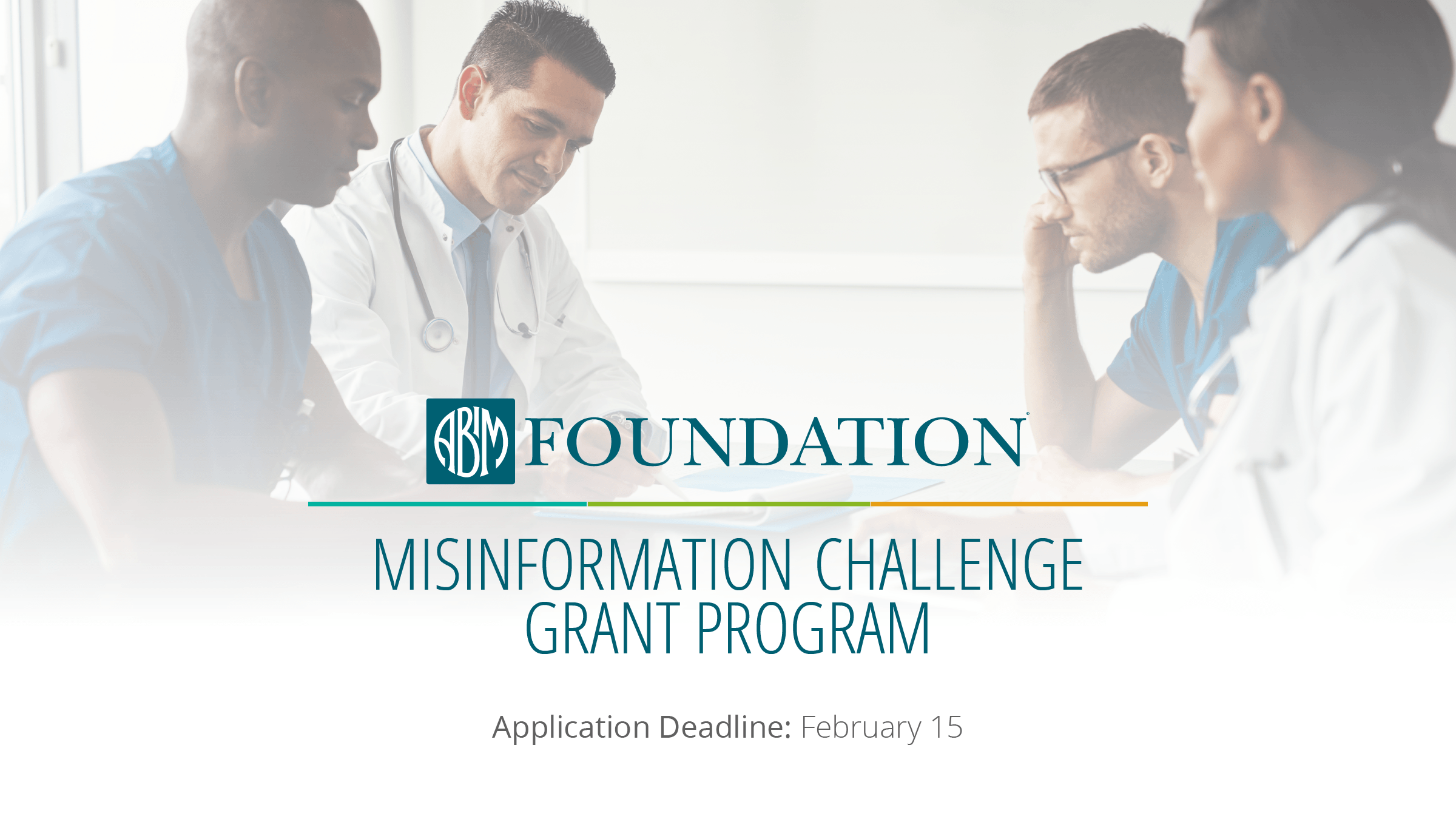In college, I took a sociology class on “Stigma and Social Deviance” and one of the assignments was called “Dress Different Day.” Each student was to spend an entire day in attire that would likely be stigmatized in our community. For example, my close friend Pam put a pillow under her sweater to feign pregnancy and walked around smoking all day. She’s since quit. The rule was no matter how uncomfortable you or others became, you had to keep the assignment a secret.
I raided my closet, borrowed an item or two from friends, and decided to spend the day in full-blown ‘club kid’ regalia. (Here’s a Pinterest page if you’re unfamiliar with this 1980s/90s NYC phenomenon.) To be honest, this was only a small enhancement of my typical going-out-to-the-club gear, but it was certainly new for my daylight hours!
After I laced up my platform boots, I realized I had my annual physical at my university’s health service that morning. So, I flung my tiny, spiky backpack over my shoulder and headed over. The waiting room was uncomfortable, but bearable – quick glances, furrowed brows. Triage went well; the nurse was unfazed. I was feeling OK until the doctor came in. She stopped short. She blanched. She looked at my makeup, my piercings, my pleather, and then she wouldn’t make eye contact again. She struggled with her questions. I could feel her discomfort as she examined me. Our mutual discomfort was palpable. I became angry – really angry.
Before I left, I broke character (and the assignment) and filled her in. I needed her to hear just how her behavior had affected me, that she was literal proof of the value of this assignment. Her response? “Oh, thank goodness. We just don’t get people like that here.” Did I mention this was NYC? They most certainly did see people “like that” every day.
It was 25 years before I engaged a primary care physician who wasn’t explicitly a member of the LGBTQIA community. My trust had been totally broken – and it’s not totally repaired.
Philip M. Alberti, PhD, is the Founding Director of the new AAMC Center for Health Justice and has spent the last 20+ years collaborating with local communities and the multiple sectors that serve them to build an evidence-base for effective programs, protocols, policies, and partnerships aimed at eliminating inequities in health.


